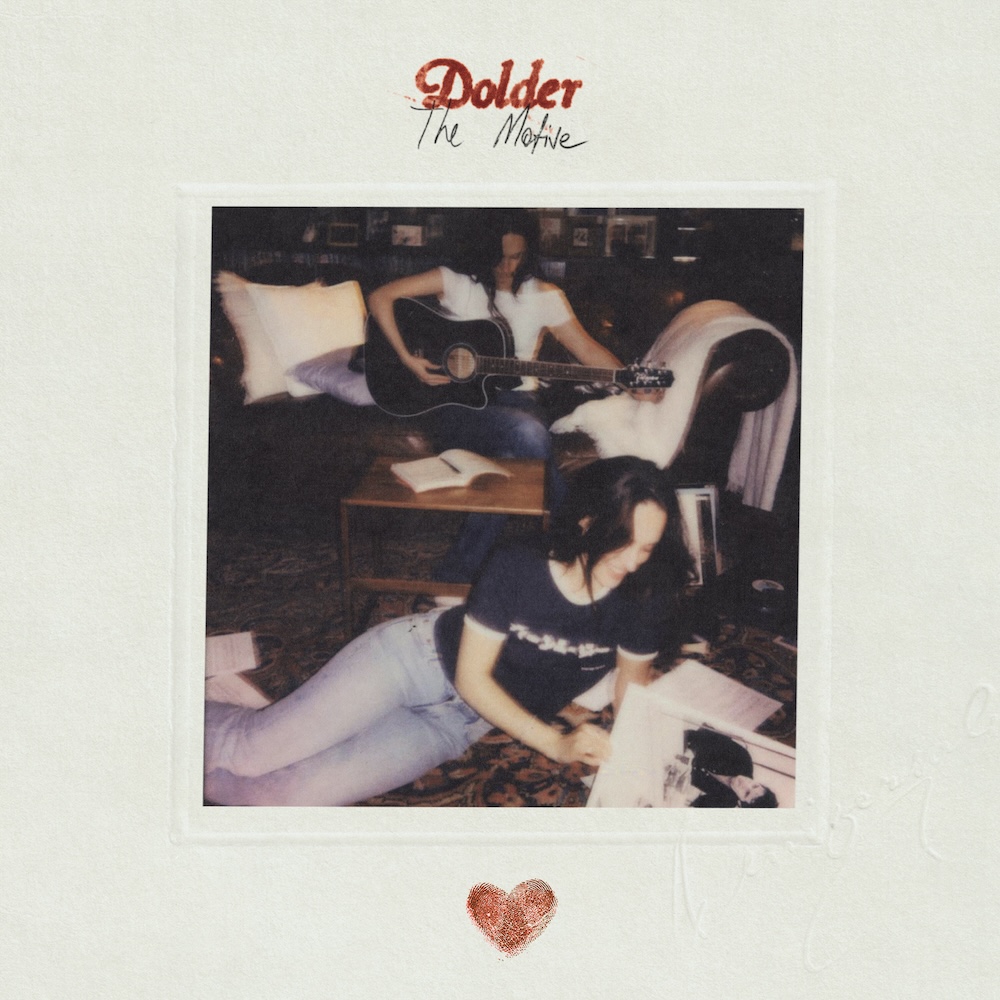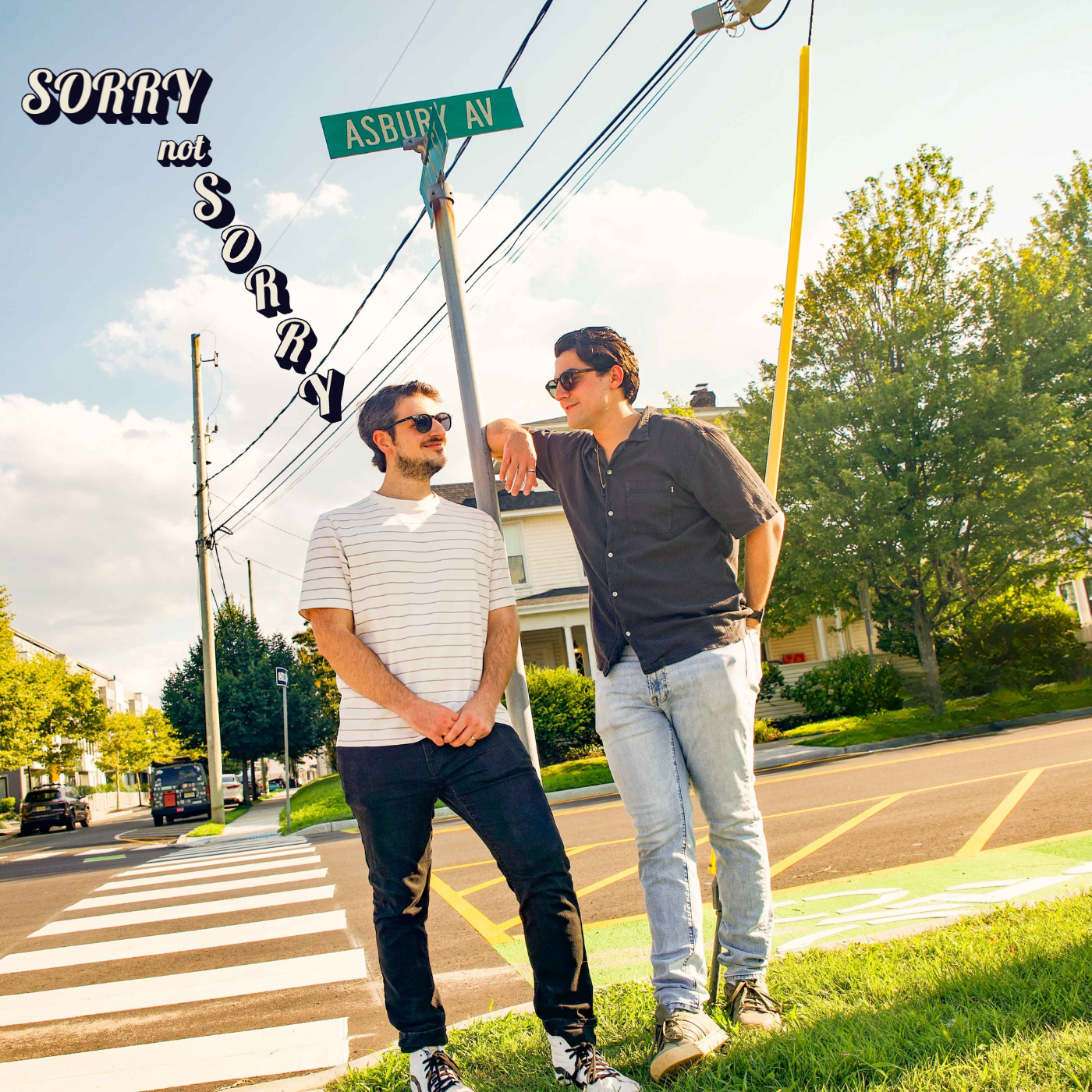We had the pleasure of interviewing THE FUR, and here’s what he had to say:
Q: What inspired “We’re going under”?
THE FUR: Yvo and I had decided to work on something together and went through a few of my demos. This one felt right for both of us and then most of the inspiration came from just being in that room, to be honest.
Q: Could you walk us through the production process for this song?
THE FUR: We had a basic track we worked from when writing melodies and lyrics. It was quite piano-based, and I felt it had a little Coldplay over it. I then started adding guitars, bass, new drums, and synths to bring it to where we wanted it to be. I got Mattias Bylund involved, who is an amazing arranger. You have absolutely heard his stuff even if you don’t know it. He contributed with strings, and some additional bass, and he also brought in Wojtek Goral to play a sax solo. Maybe you recognize Wojtek’s tone from The Weeknd’s “In Your Eyes”?
Q: Wow. I actually didn’t! That’s so cool! What’s the best part about releasing new music?
THE FUR: I think that the very best part is that it opens up space to focus on something new.
Q: Are there moments when you want to try something new, but you aren’t sure if your audience will like the switch? If so, how do you handle this?
THE FUR: Oh, this whole part of my musical life is just that. I released my first pop song two years ago; until then, I had almost only released classical music. So, I felt extremely unsure of how people would react. But there has been so much love and joy that has come from this leap. Being on the edge of safety is a very good thing; it means that you are moving somewhere.
Q: Who would you say is your biggest supporter? Why?
THE FUR: I think that everyone close to me has been very supportive. I guess it shows that doing this makes me genuinely happy.
Q: Who’s one artist you think has had a significant impact on your sound?
THE FUR: I have studied the work of some big names like Ian Kirkpatrick, Cirkut, Avicii, Kygo, and The Chainsmokers when it comes to production. When it comes to arrangement and form, I think that my classical studies have a big influence. But the melodic and harmonic writing comes, I think, from some kind of Swedish tradition that you can hear in just about everything from ABBA to Max Martin to Swedish folk and choral music. I often hear from people who I work with in the States that we have a different melodic tradition over here. Maybe there’s some truth to that.
Interviewed by Zoey King
FOLLOW THE FUR:






